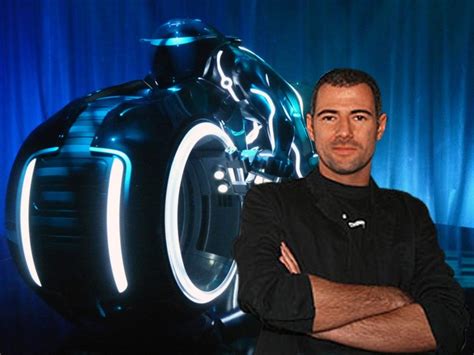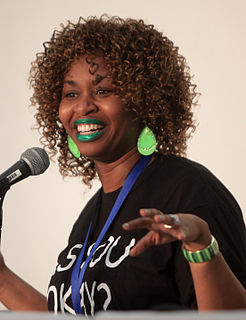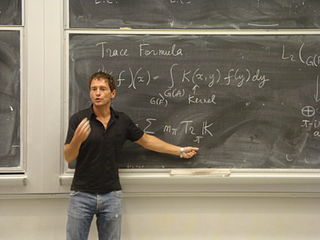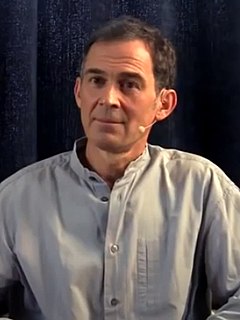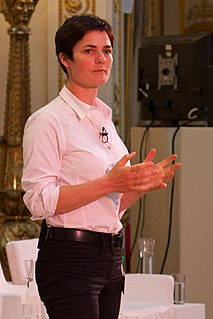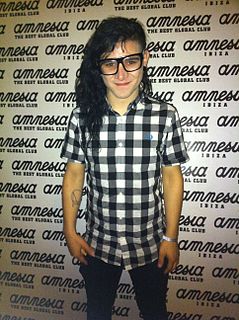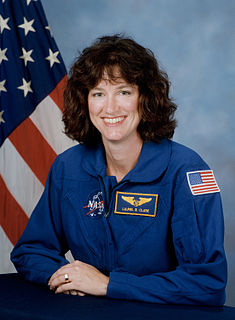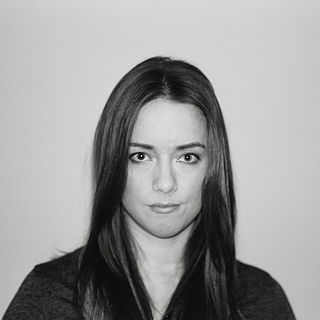Top 1200 Computer Screen Quotes & Sayings - Page 2
Explore popular Computer Screen quotes.
Last updated on November 28, 2024.
Carmen sat up when she heard a familiar trill from her computer. It was an instant message from Bee. Beezy3: Packing. Do you have my purple sock with the heart on the ankle? Carmabelle: No. Like I'd wear your socks. Carmen looked from her computer screen down to her feet. To her dismay, her socks were two faintly different shades of purple. She rotated her foot to get a view of her anklebone. Carmabelle: Ahem. Might possibly have sock.
When I'm writing it's as if I'm the observer. It's as if that computer screen there -it used to be the typewriter - just kind of dissolves and there's this whirling tunnel of mist and there's a kind of proscenium arch, and then there are my characters, and they say what they say, and I laugh sometimes in surprise at what they say.
The attribution of intelligence to machines, crowds of fragments, or other nerd deities obscures more than it illuminates. When people are told that a computer is intelligent, they become prone to changing themselves in order to make the computer appear to work better, instead of demanding that the computer be changed to become more useful.
Until I reached my late teens, there was not enough money for luxuries - a holiday, a car, or a computer. I learned how to program a computer, in fact, by reading a book. I used to write down programs in a notebook and a few years later when we were able to buy a computer, I typed in my programs to see if they worked. They did. I was lucky.
The Real is ever-present, like the screen on which the cinematographic pictures move. While the picture appears on it, the screen remains invisible. Stop the picture, and the screen will become clear. All thoughts and events are merely pictures moving on the screen of Pure Consciousness, which alone is real.
What is the central core of the subject [computer science]? What is it that distinguishes it from the separate subjects with which it is related? What is the linking thread which gathers these disparate branches into a single discipline. My answer to these questions is simple -it is the art of programming a computer. It is the art of designing efficient and elegant methods of getting a computer to solve problems, theoretical or practical, small or large, simple or complex. It is the art of translating this design into an effective and accurate computer program.
When I use a direct manipulation system whether for text editing, drawing pictures, or creating and playing games I do think of myself not as using a computer but as doing the particular task. The computer is, in effect, invisible. The point cannot be overstressed: make the computer system invisible.
For a generation that gets most of its information off a computer screen (be it Facebook, Instagram, YouTube, Twitter or what have you), an athlete has to be very careful about the public/private aspect of that. Be careful not to be overly critical, be careful with use of language, and understand the whole world is watching.
What, then, is the basic difference between today's computer and an intelligent being? It is that the computer can be made to seebut not to perceive. What matters here is not that the computer is without consciousness but that thus far it is incapable of the spontaneous grasp of pattern--a capacity essential to perception and intelligence.





